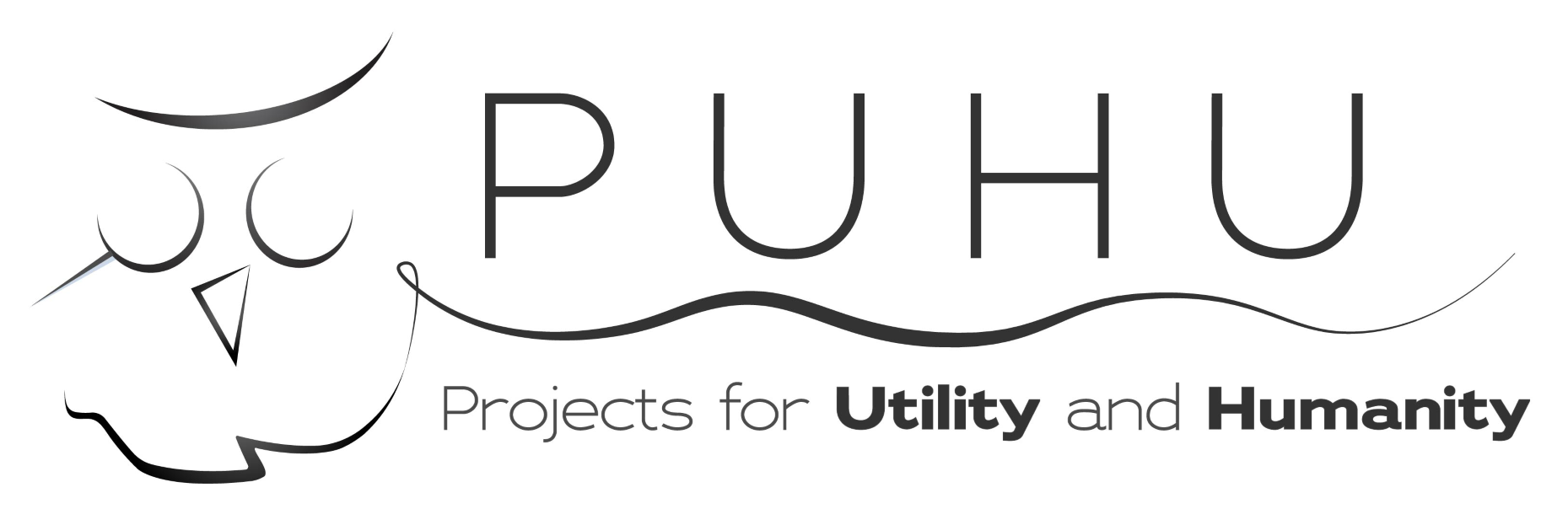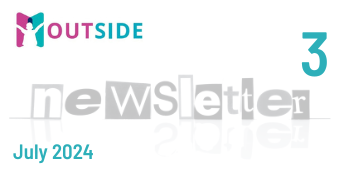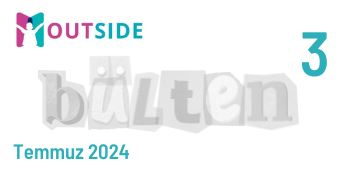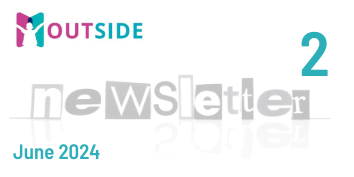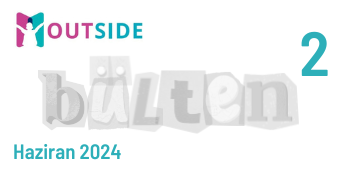Website
The OUTSIDE Project
Social Media Accounts
Blog
25th July 2024
“I’ve never been fond of non-egalitarian individuals; pretending to love someone who doesn’t resonate with me feels like deceiving both myself and them, so I’ve never done it.”
This sentiment is echoed by CC, a man in his thirties who reached out to us after our project became visible through social media, identifying himself as hikikomori. In his email, he passionately discusses how societal norms, particularly rigid gender roles, exacerbate social isolation and mental health issues not only in Japan but globally. CC argues that pressures for “men to be assertive” and “women to be passive” deeply influence interpersonal dynamics, contributing significantly to phenomena like hikikomori. His reflections blend personal observations with societal critiques, underscoring the urgent need for greater equality and a reevaluation of these entrenched norms.
When we first began our work, we had concerns about whether the term and concept of ‘hikikomori’ would resonate within our communities, as we thought it was quite unfamiliar. Our primary audience was educators, our goal was to hear and understand their insights, experiences, and needs. However, we were uncomfortable reducing the experiences of hikikomori individuals to mere cases. Therefore, this email emphasized the importance of raising awareness about the concepts of social isolation and social withdrawal, whether we call it ‘hikikomori’ or not, and this greatly encouraged us.
